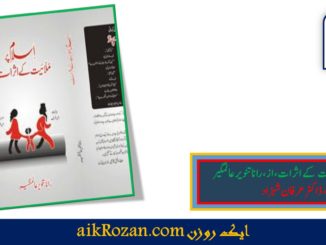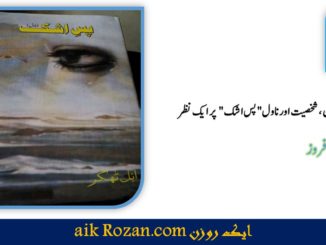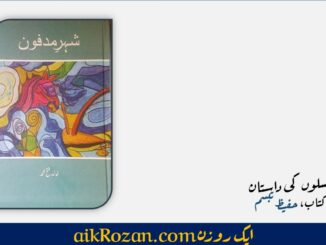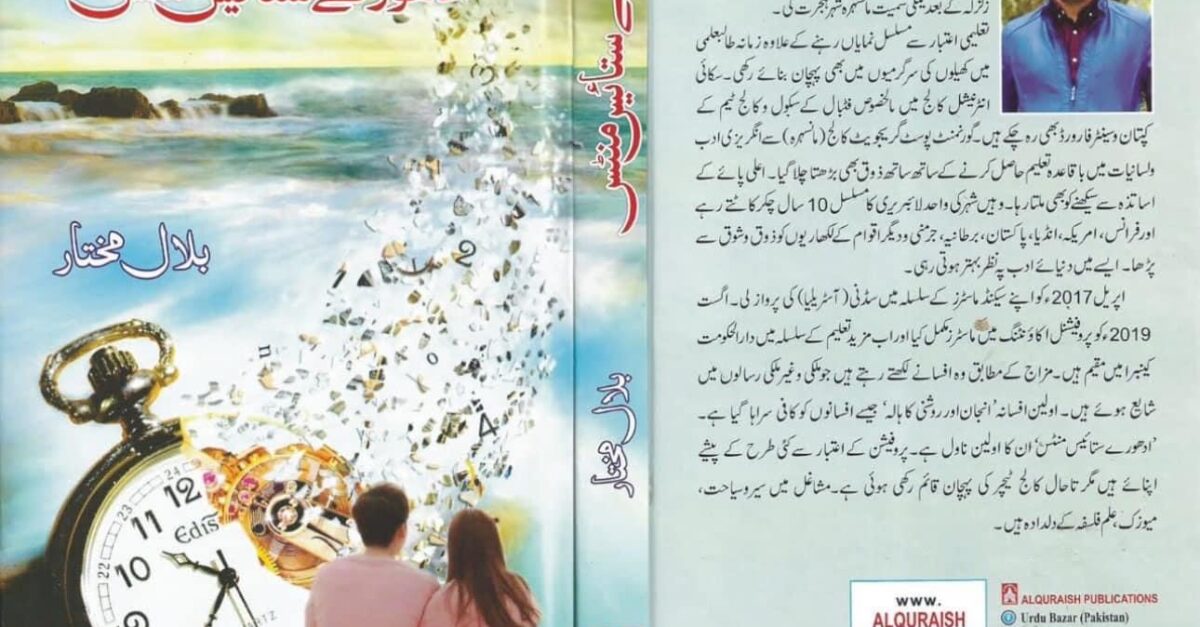
Embracing modernity in Urdu, How Adhooray 27 Minutes brings freshness to Urdu literature
by Ms Zartaj Afzal
Last week I had a brief chance of reading Adhooray 27 Minutes while travelling. I started turning the pages of this book while the sun setting. The gloomy nature of the time has changed the whole inside world of mine. Bilal Mukhtar’s novel Adhooray 27 Minutes (2021) is not only a compelling narrative about love, identity, and the search for purpose but also a testament to the evolution of Urdu literature. The modern Urdu style offers a refreshing take on the language, infusing it with contemporary phrases and expressions that make it relatable to today’s readers. Iqbal Hassan Azad, in his inside review of the book, notes that this shift represents a much-needed change in Urdu’s literary diction—one that opens new pathways for writers and readers alike. In this context veteran poet Sampooran Singh Gulzar echoes this sentiment, praising new words and modern expressions that such linguistic innovation expands the vastness of Urdu vocabulary and highlights its adaptability to the modern age.
In Adhooray 27 Minutes, Bilal uses phrases like “dil ki screen” (the screen of the heart), “2 Neelay Rung” (two blue ticks), and “add to cart to checkout nhi karna” (as if memories were added to a cart but never checked out), illustrating how Urdu can be seamlessly woven with modern references. These expressions capture the nuances of contemporary life, especially in the digital world, where emotions are often shared and shaped through virtual interactions. By incorporating elements from social media and popular digital experiences, a language that resonates with younger readers who are familiar with these terms yet rarely see them reflected in Urdu literature.
One of Bilal’s most innovative choices is his use of “virtual tikoon” to describe the love triangle between the main characters in the story. Here, the idea of a “tikoon” (triangle) is modernized by linking it to a virtual chat group, where emotions are expressed and relationships unfold in ways unique to today’s digital age. This fresh use of Urdu not only makes the language feel accessible but also showcases Bilal’s understanding of modern relationships, where conversations, confessions, and heartbreaks often happen online.
A sample of short fiction works by Bilal Mukhtar published at the aikRozan can be seen from these web links:
Bilal’s work stands out because it recognizes that language must grow with its readers. Urdu, one of the richest languages in terms of history and poetry, has sometimes been slow to adapt to contemporary settings. Many writers shy away from incorporating new words or adapting existing terms to reflect current times, preferring to stick to classical vocabulary. This hesitation can make Urdu literature feel distant to younger audiences, who seek language that speaks to their everyday experiences. The writer’s approach, however, proves that Urdu can be both timeless and timely, maintaining its poetic essence while embracing new realities.
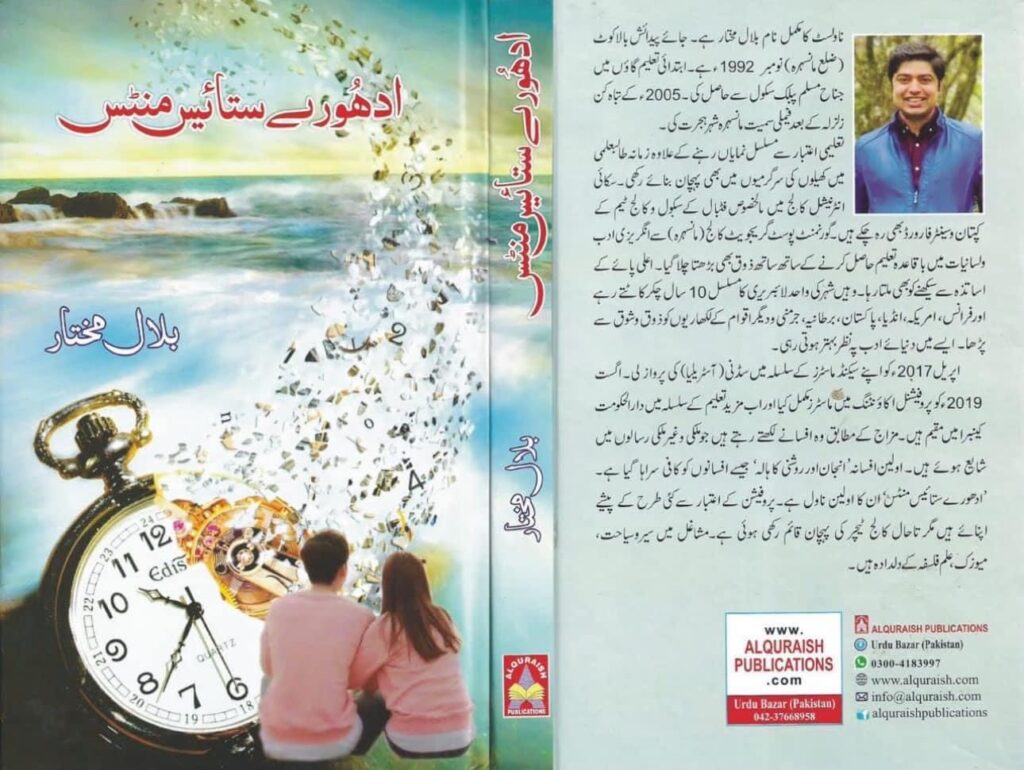
In a way, Adhooray 27 Minutes bridges the gap between tradition and modernity, bringing Urdu into a digitalized era while retaining its lyrical nature. The choice to embed phrases like “add to cart to checkout nh krna” as a metaphor for leaving memories behind shows an understanding of how modern relationships are lived and experienced. This phrase not only resonates with readers but also challenges the traditional ways Urdu expresses memory and love. In doing so, the writer’s novel becomes a refreshing call for Urdu writers to explore new linguistic landscapes.
Ultimately, Adhooray 27 Minutes is more than a story of love and self-discovery; it is a declaration that Urdu literature is ready for a fresh perspective. An innovative diction, praised by Azad demonstrates how Urdu can remain relevant and engaging for a new generation. His modern expressions serve as an invitation to other writers to experiment and enrich the language, making it a living, evolving medium that speaks to today’s world. For readers, especially younger ones, Adhoray 27 Minutes is a breath of fresh air—a story that not only entertains but also reflects the language of their own lives, bridging the past with the present in a way that feels both personal and universal. I recommend this book for modern youth to buy and grab some key lessons for life.


